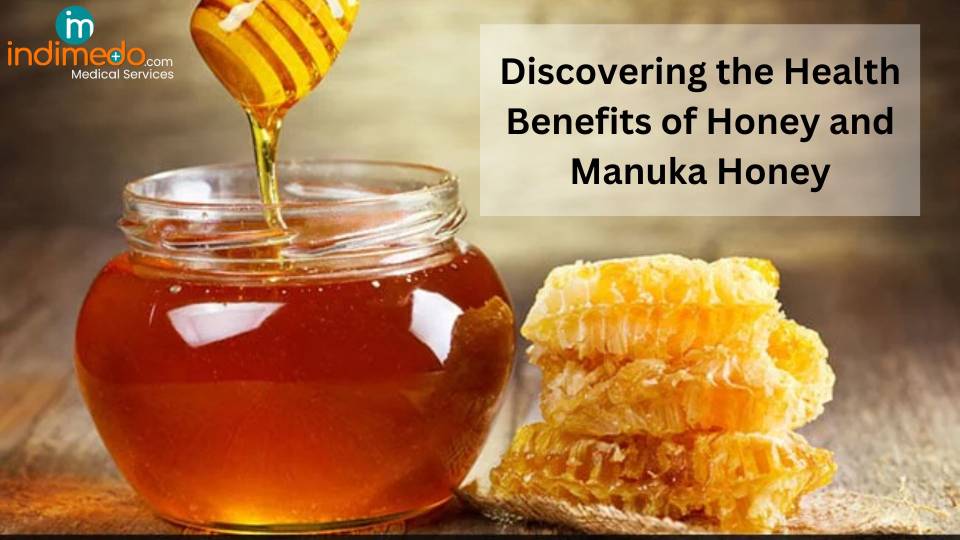How Can Happy Hormones Help You Feel Better?

Happy Hormones
Happy hormones are a group of hormones that are responsible for regulating our mood, emotions, and overall sense of well-being. These hormones are neurotransmitters that are produced by our endocrine system and are responsible for making us feel happy, content, and satisfied.
The four primary happy hormones are dopamine, serotonin, oxytocin, and endorphins. Each of these hormones plays a different role in regulating our emotions and can be triggered by various stimuli such as exercise, social interaction, and positive experiences.
Maintaining a healthy balance of these happy hormones is essential for our mental and emotional well-being. When these hormones are out of balance, it can lead to mood disorders such as depression and anxiety. Therefore, it's important to engage in activities that promote the release of these happy hormones, such as exercise, meditation, and spending time with loved ones.
Types of Happy Hormones
There are several hormones that are commonly referred to as "happy hormones" because they are associated with positive feelings and emotions. These hormones include:
- Serotonin: This hormone is often called the "happy hormone" because it is responsible for regulating mood, appetite, and sleep. Low levels of serotonin have been linked to depression and anxiety.
- Dopamine: This hormone is associated with feelings of pleasure and reward. It is released when we experience something that we find pleasurable, such as eating good food or receiving a compliment.
- Endorphins: These hormones are produced by the body in response to pain or stress. They act as natural painkillers and can also produce feelings of euphoria and well-being.
- Oxytocin: Often referred to as the "love hormone," oxytocin is released during physical touch, such as hugging or kissing, and is associated with feelings of bonding and trust.
- Estrogen: While not traditionally thought of as a happy hormone, estrogen plays an important role in regulating mood and has been shown to improve mood in women when levels are balanced.
Overall, these hormones work together in complex ways to regulate our emotions and contribute to our overall sense of well-being.
Vitamin D Happy Hormone
Vitamin D is often referred to as the "sunshine vitamin" because it is produced in the skin in response to sunlight exposure. It plays a critical role in many bodily functions, including bone health, immune function, and muscle function.
While it is not technically a hormone, vitamin D has been linked to the regulation of mood and emotions. Some studies suggest that low levels of vitamin D may be associated with an increased risk of depression and other mood disorders.
Vitamin D helps regulate the production of serotonin, a neurotransmitter that is often referred to as the "happy hormone" because it contributes to feelings of well-being and happiness. It also helps regulate the production of dopamine, another neurotransmitter that is involved in mood regulation and reward processing.
However, it is important to note that the relationship between vitamin D and mood is complex, and more research is needed to fully understand the connection. While some studies suggest that supplementing with vitamin D may help improve mood, it is not a substitute for professional treatment for mood disorders.
Serotonin for Happiness
Serotonin is a neurotransmitter that plays an important role in regulating mood, sleep, appetite, and other bodily functions. It is often referred to as the "feel-good" neurotransmitter because it is thought to contribute to feelings of happiness and well-being.
While serotonin is not the only neurotransmitter involved in happiness, it is a critical one. Low levels of serotonin have been linked to depression and anxiety, while higher levels have been associated with feelings of happiness and contentment.
There are several ways to boost serotonin levels naturally, including exercise, spending time outdoors in natural light, eating a healthy diet that includes foods high in tryptophan (an amino acid that helps the body produce serotonin), and practicing stress-reducing activities such as meditation or deep breathing exercises.
However, it's important to note that serotonin is just one factor in overall happiness and well-being. Other neurotransmitters, such as dopamine and endorphins, also play a role, as do social support, meaningful relationships, and a sense of purpose in life. Therefore, it's important to take a holistic approach to happiness and well-being.
Conclusion
Happy hormones refer to a group of chemicals that are produced by the body and play a crucial role in regulating our mood, emotions, and overall well-being. Some of the most well-known happy hormones include serotonin, dopamine, oxytocin, and endorphins.
Serotonin is often referred to as the "feel-good" hormone and is responsible for regulating mood, appetite, and sleep. Dopamine is associated with pleasure and reward and is released in response to things like food, sex, and other pleasurable experiences. Oxytocin, also known as the "love hormone," is released during social bonding and physical touch, promoting feelings of trust and closeness. Finally, endorphins are the body's natural painkillers and are released during exercise and other physical activity.
Having a good balance of these hormones is essential for maintaining good mental health and overall well-being. Eating a healthy diet, getting regular exercise, and managing stress can all help promote the production of these happy hormones.
Overall, it's important to prioritize activities and habits that help promote the release of these happy hormones to support our mental and physical health.





 Login with Facebook
Login with Facebook
 Login with Google
Login with Google